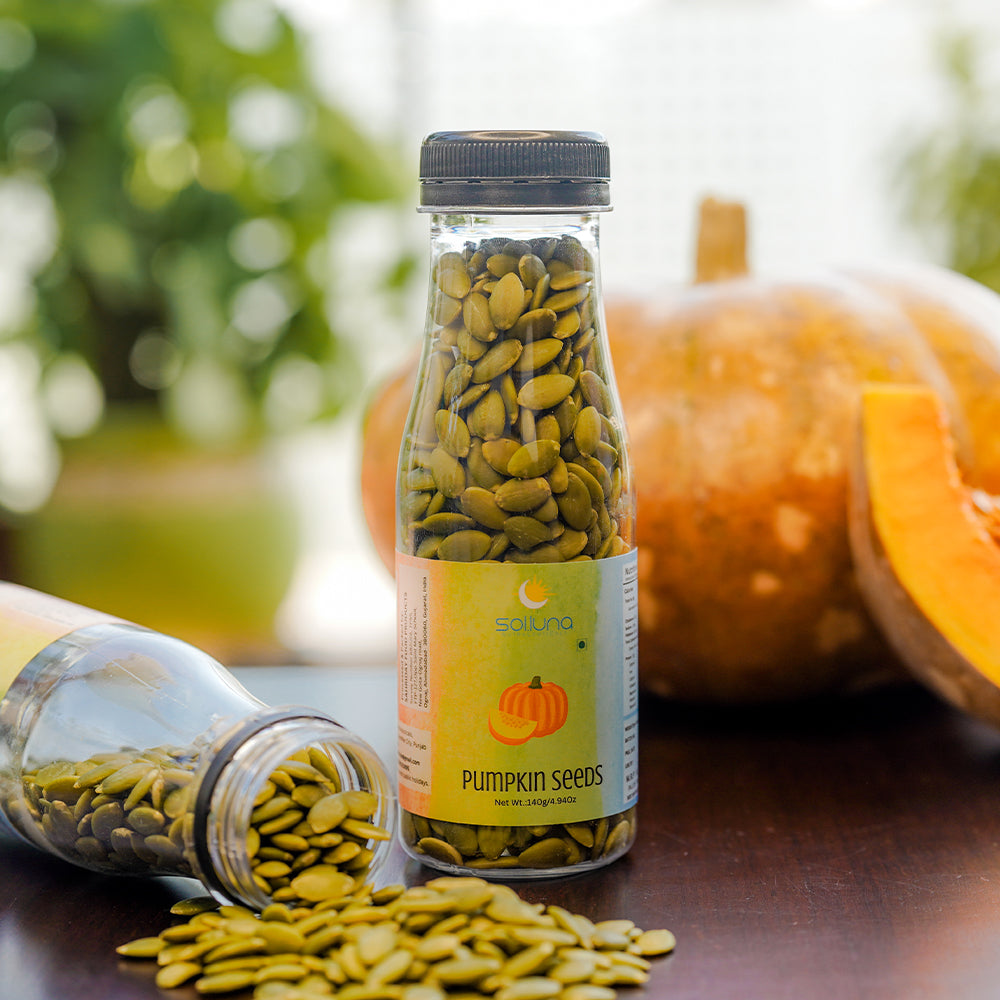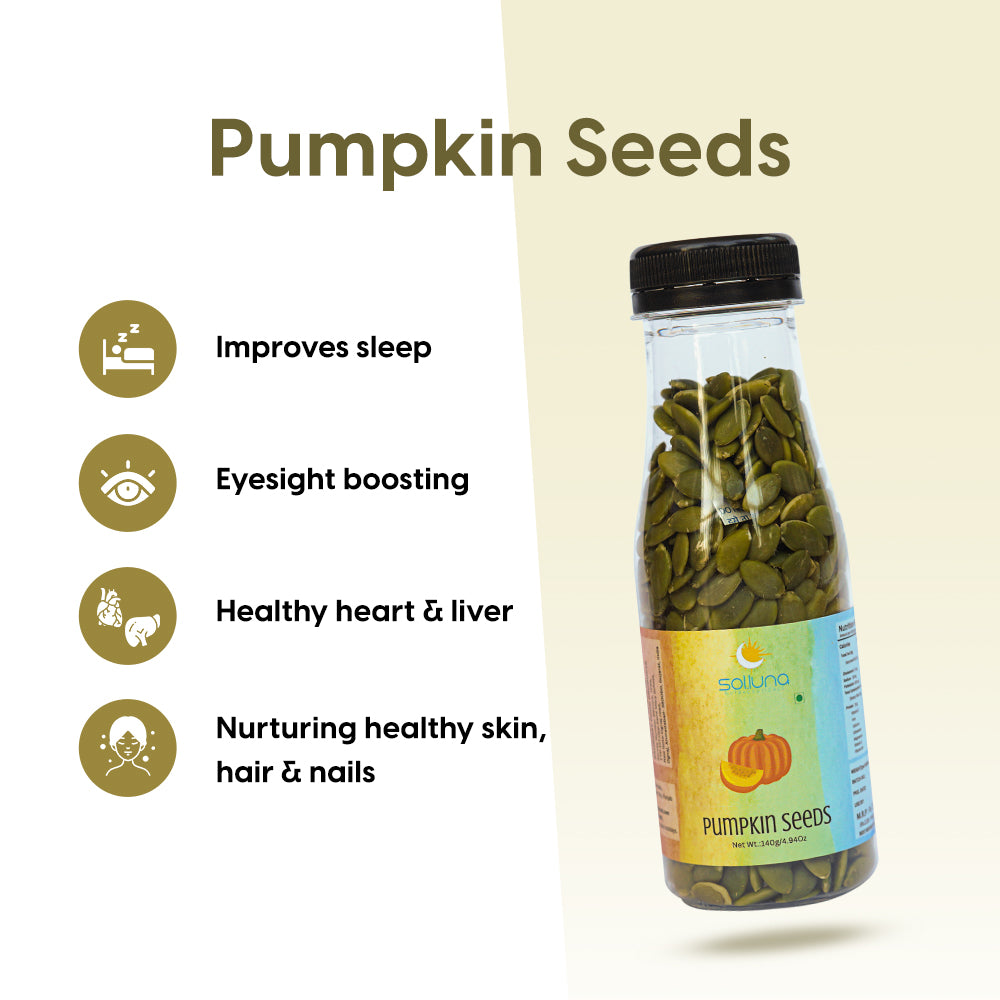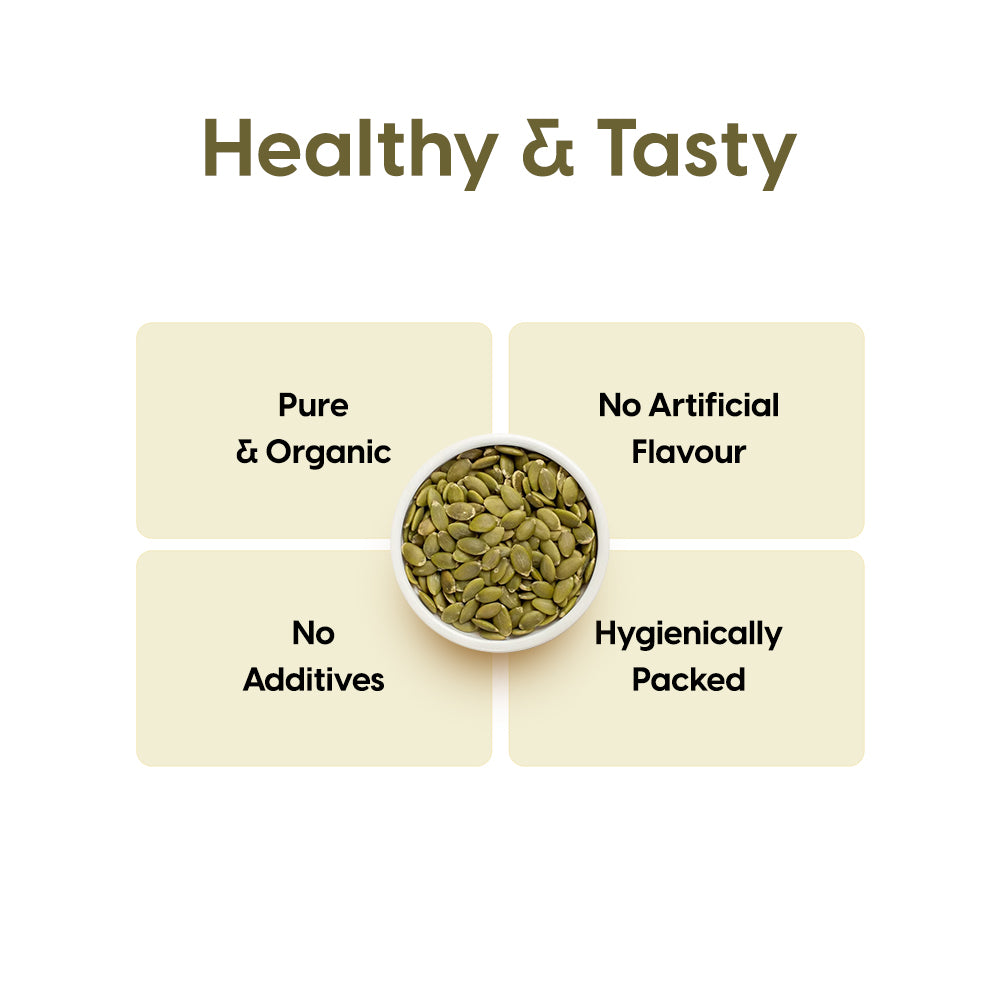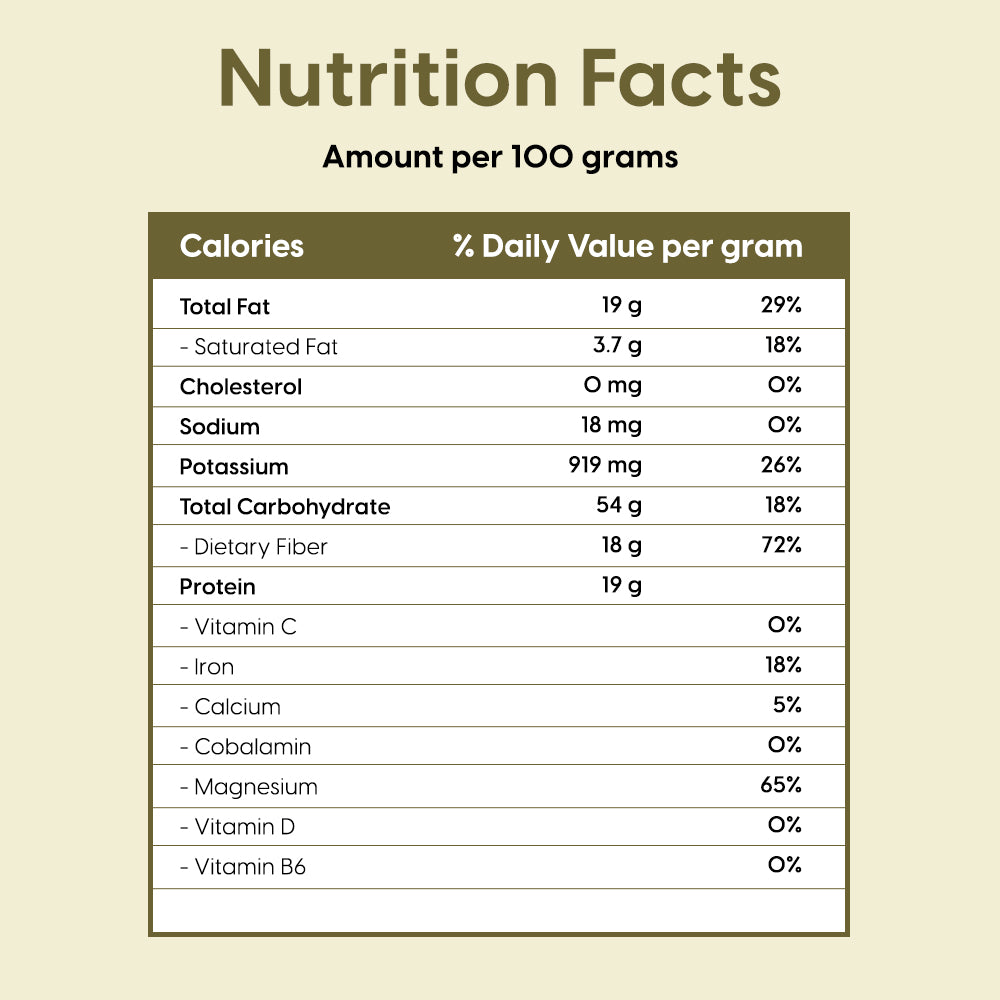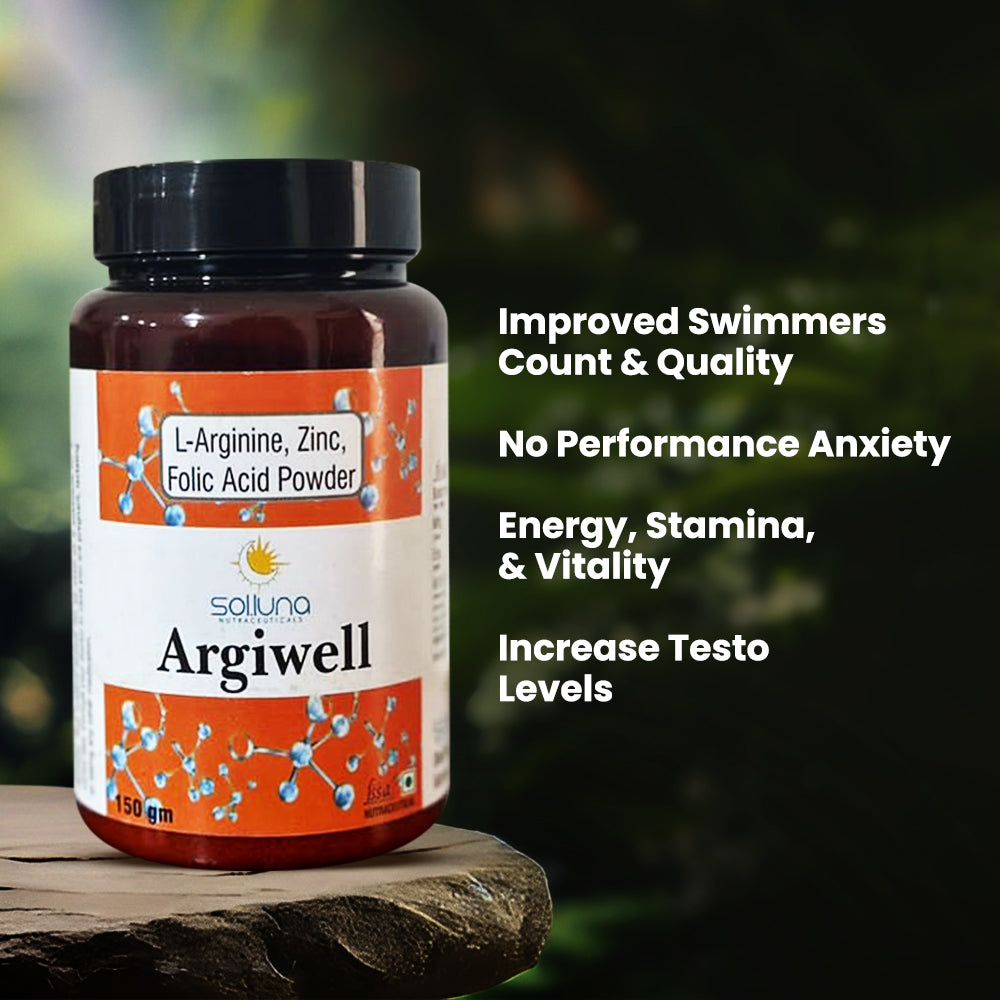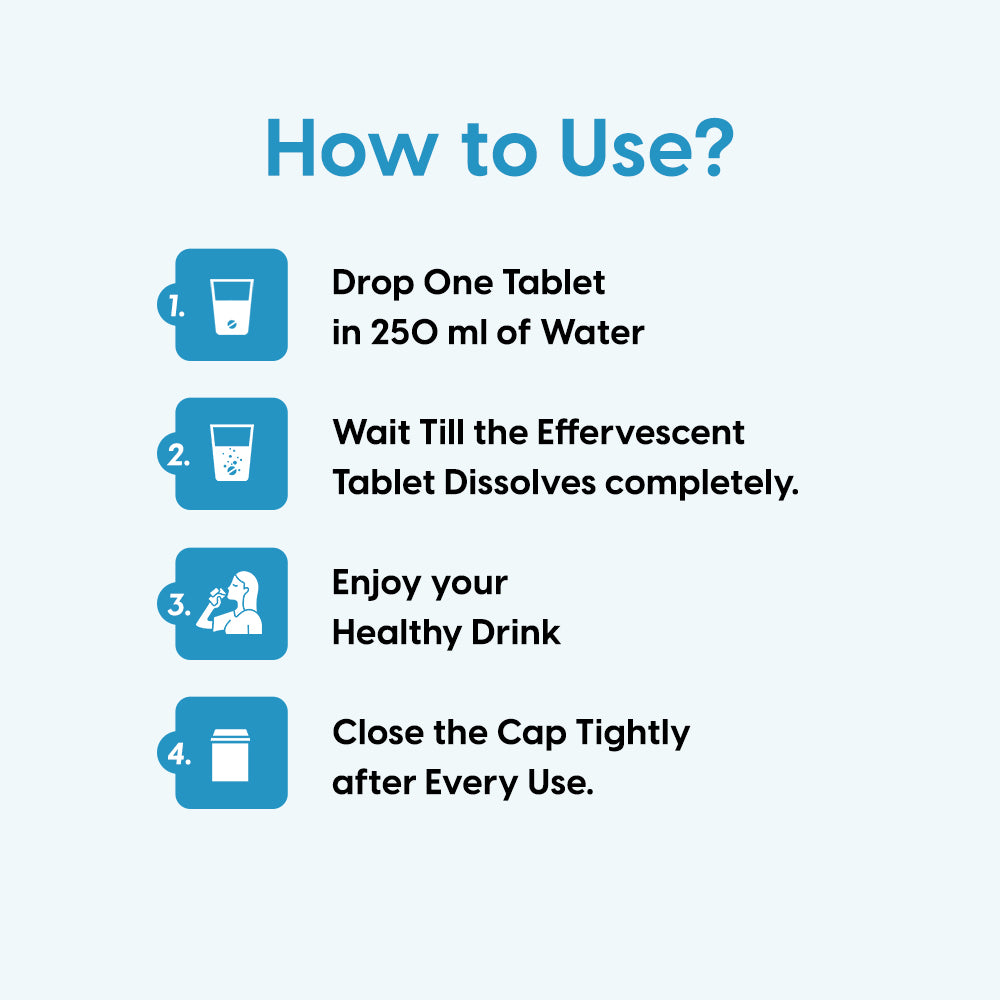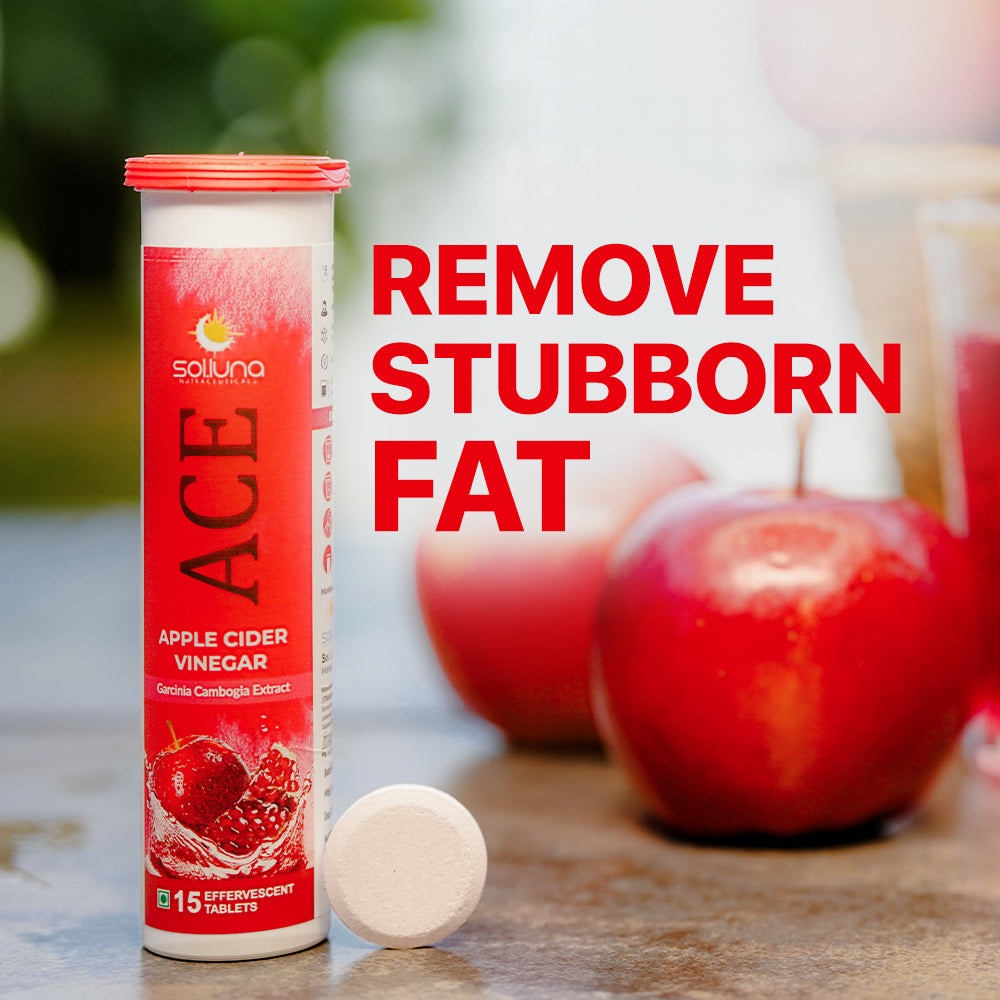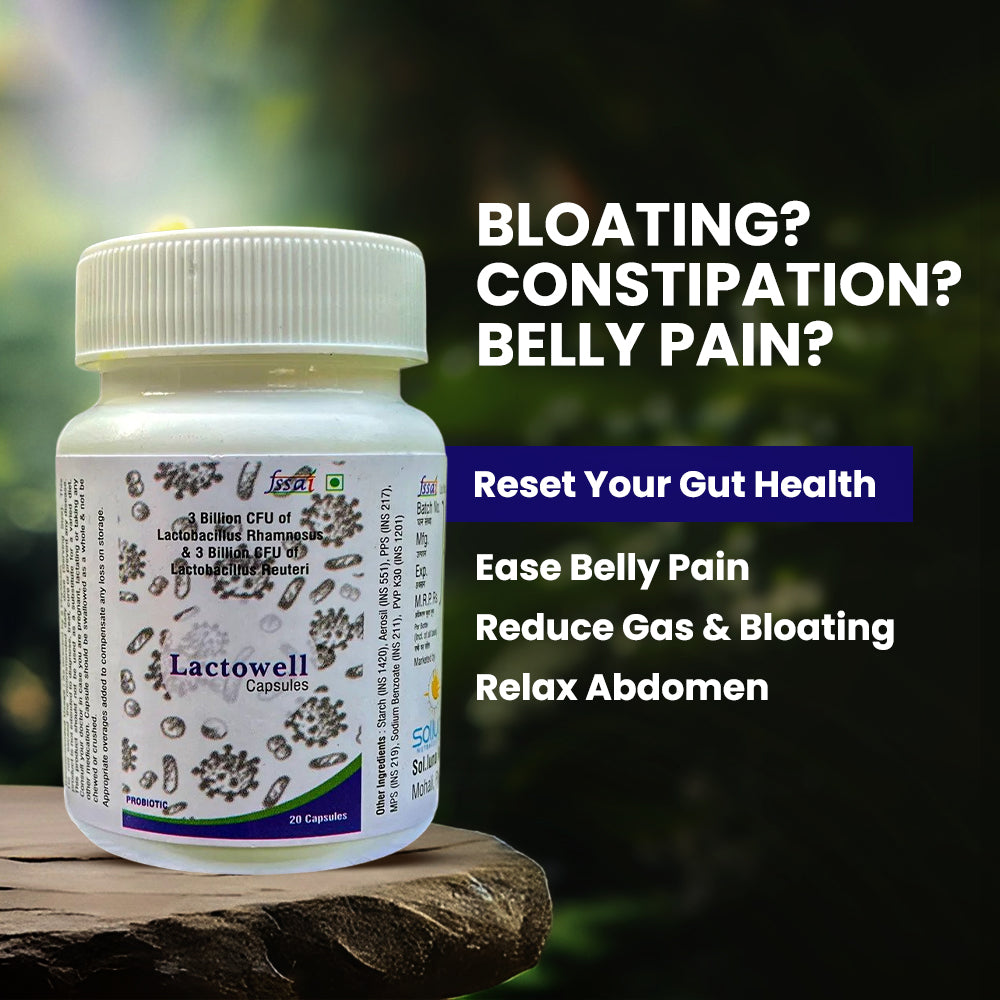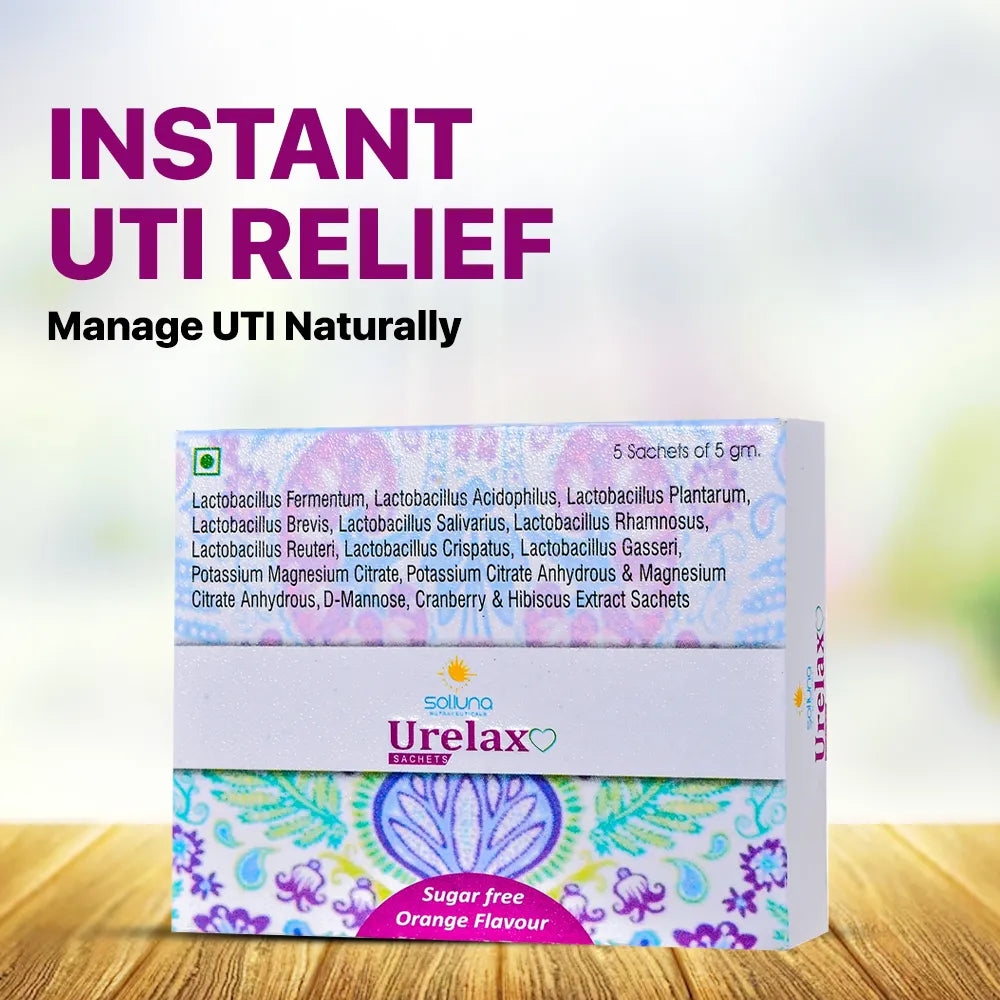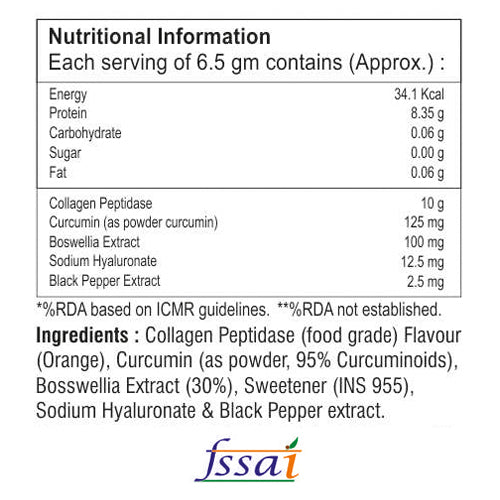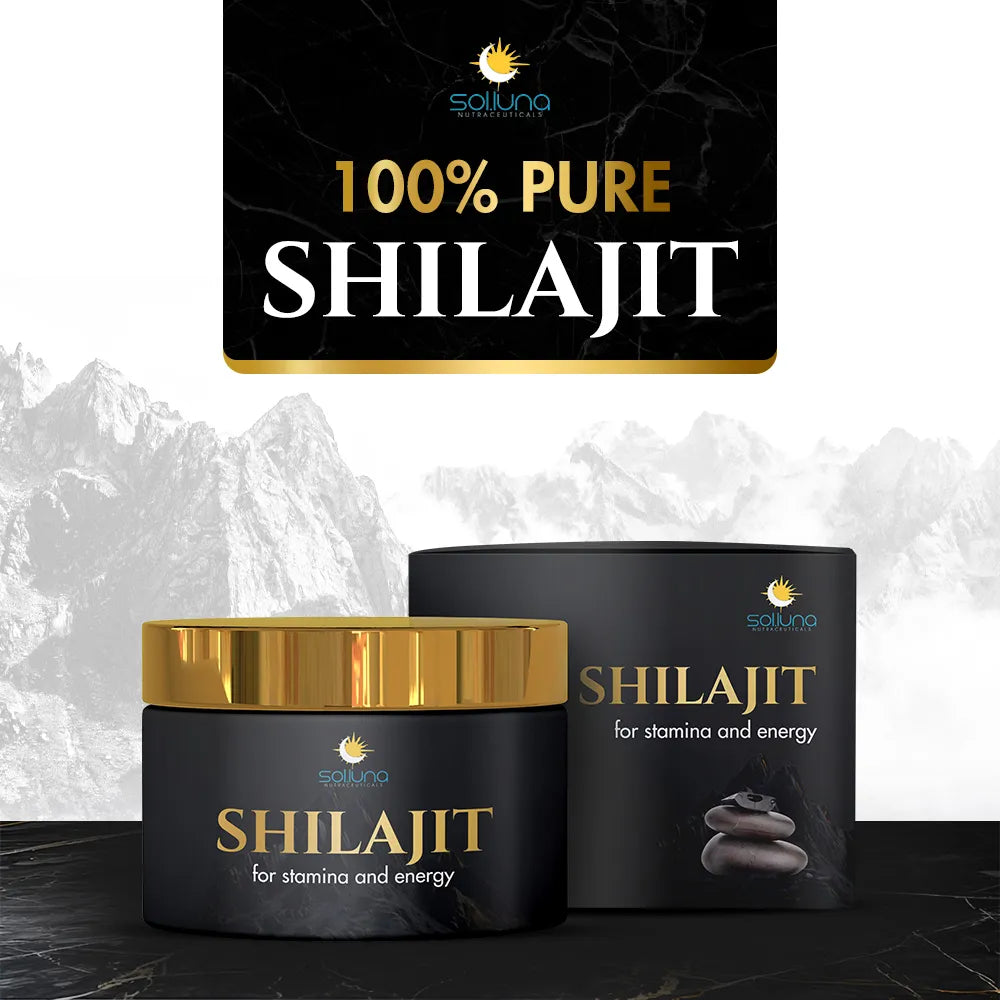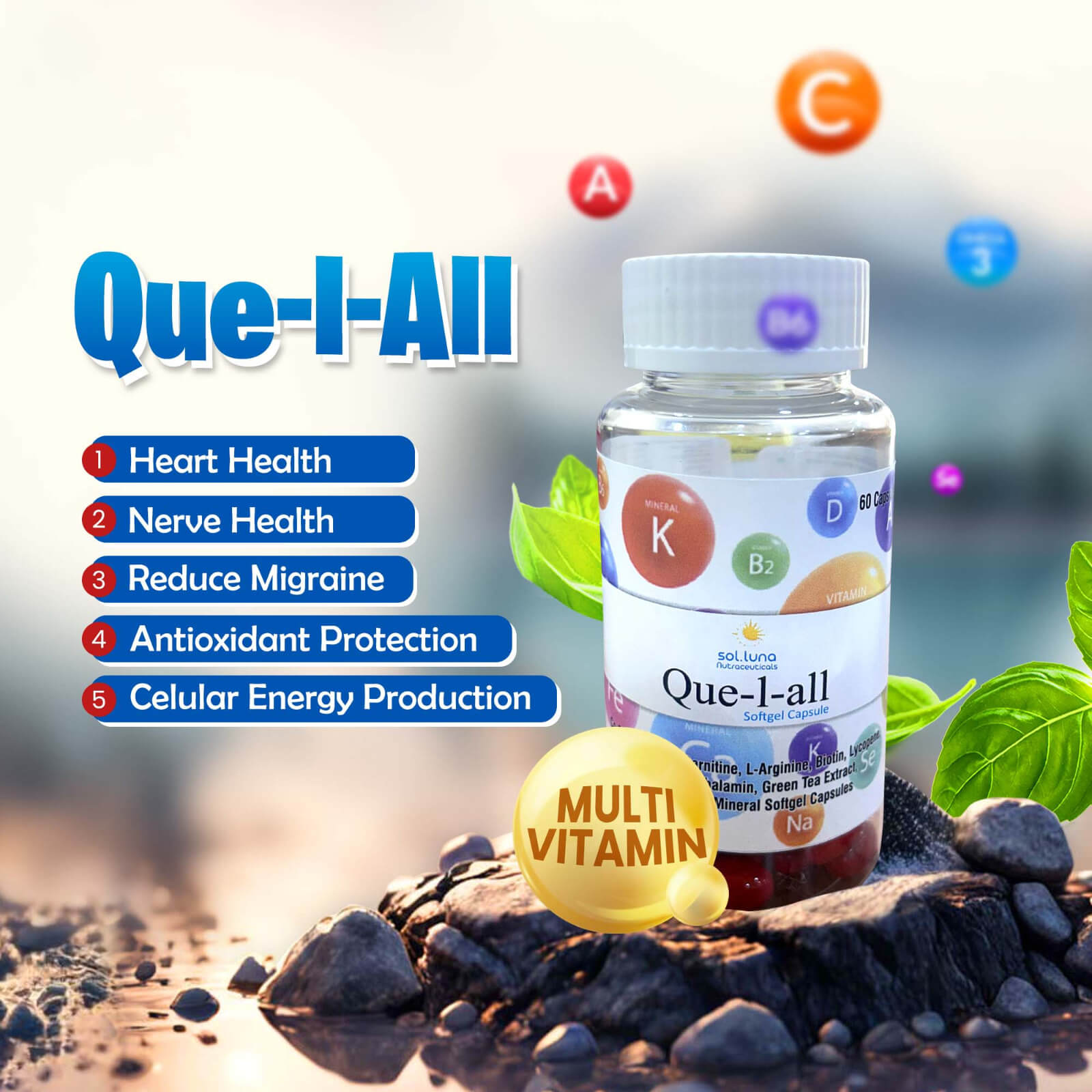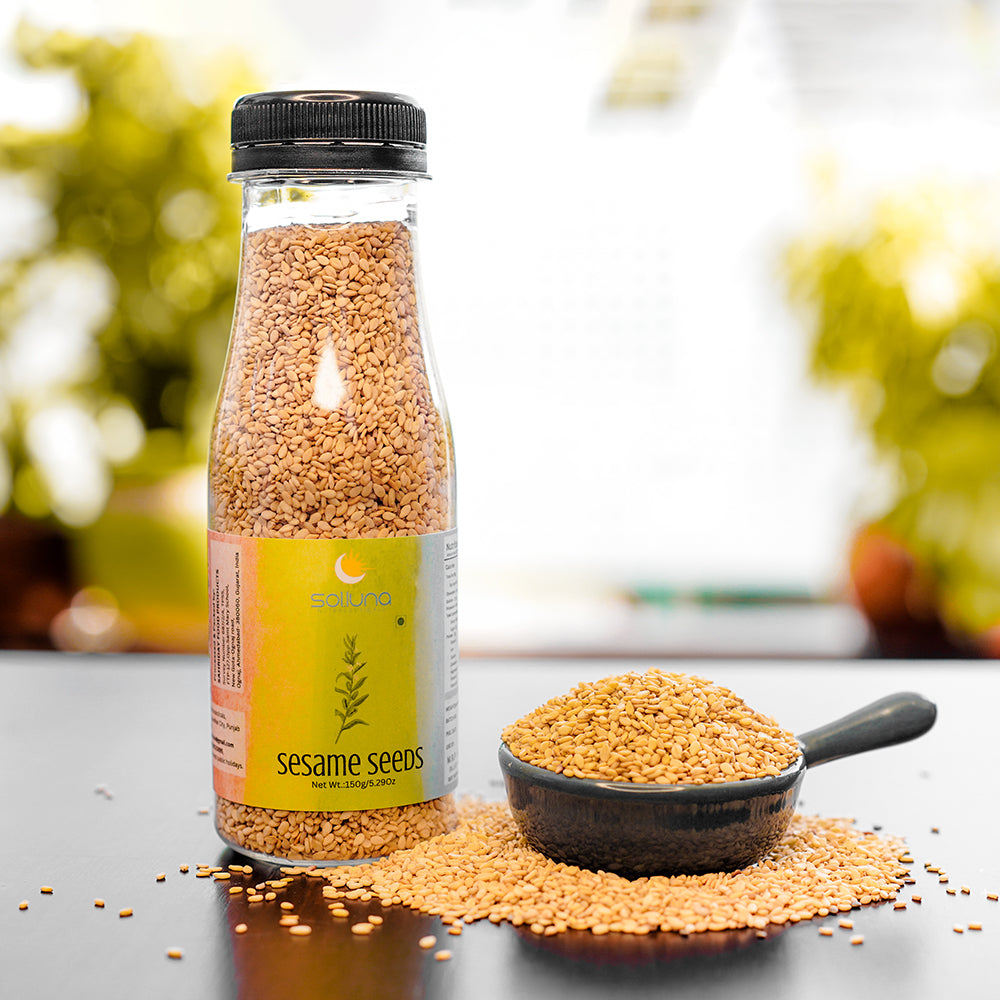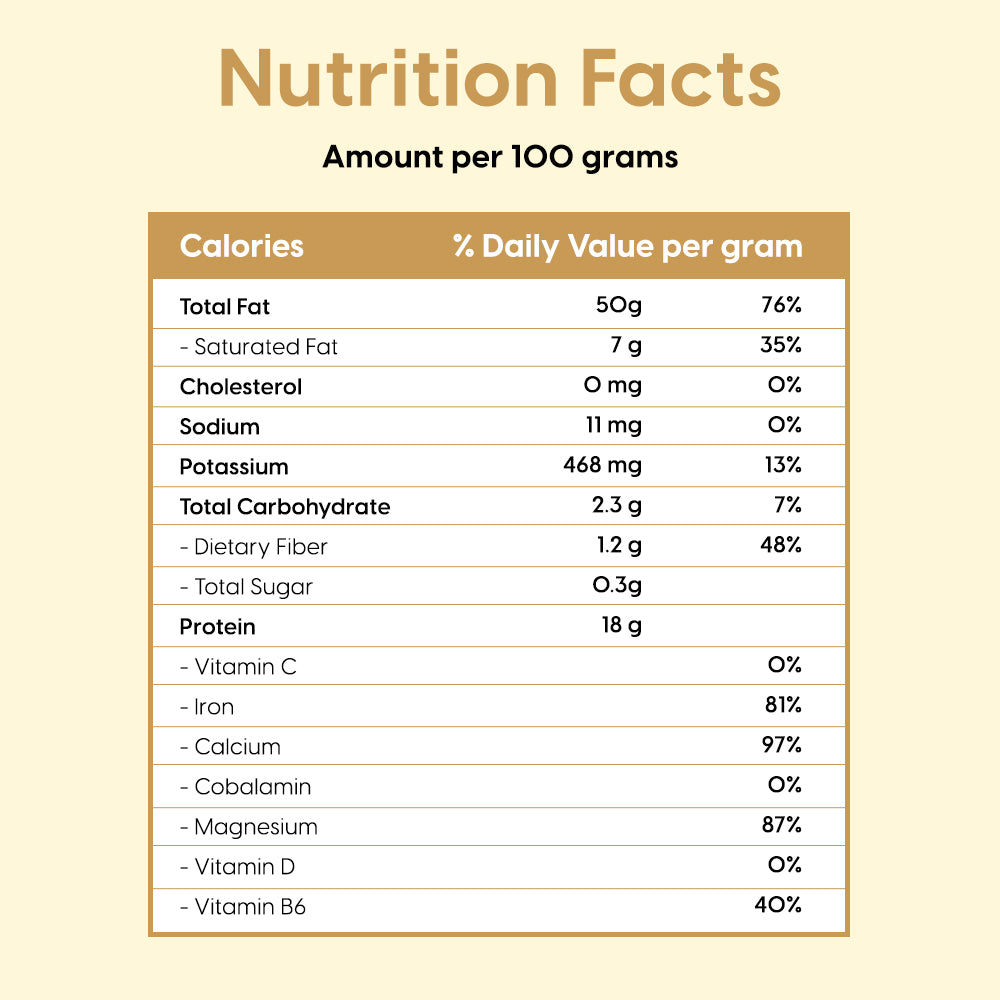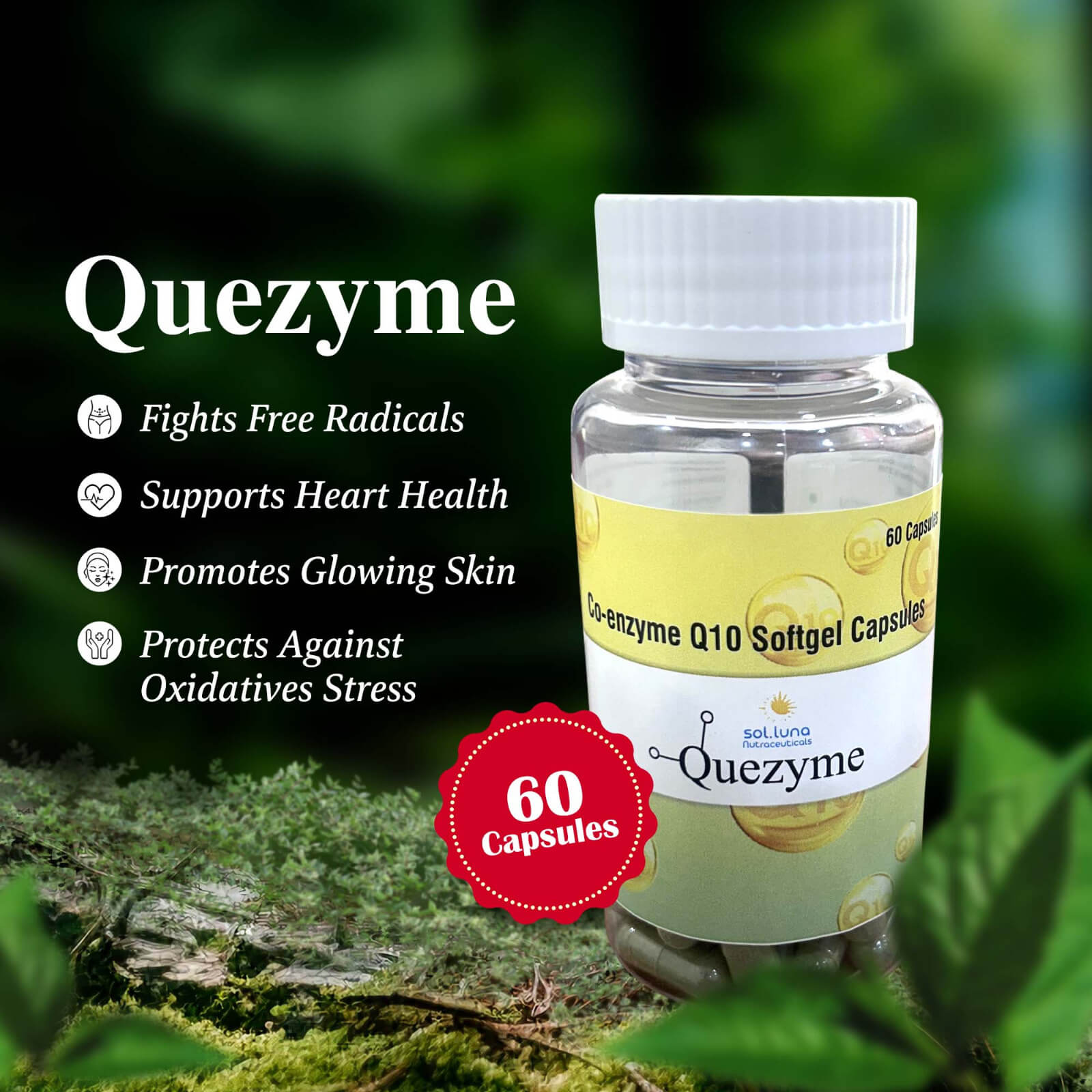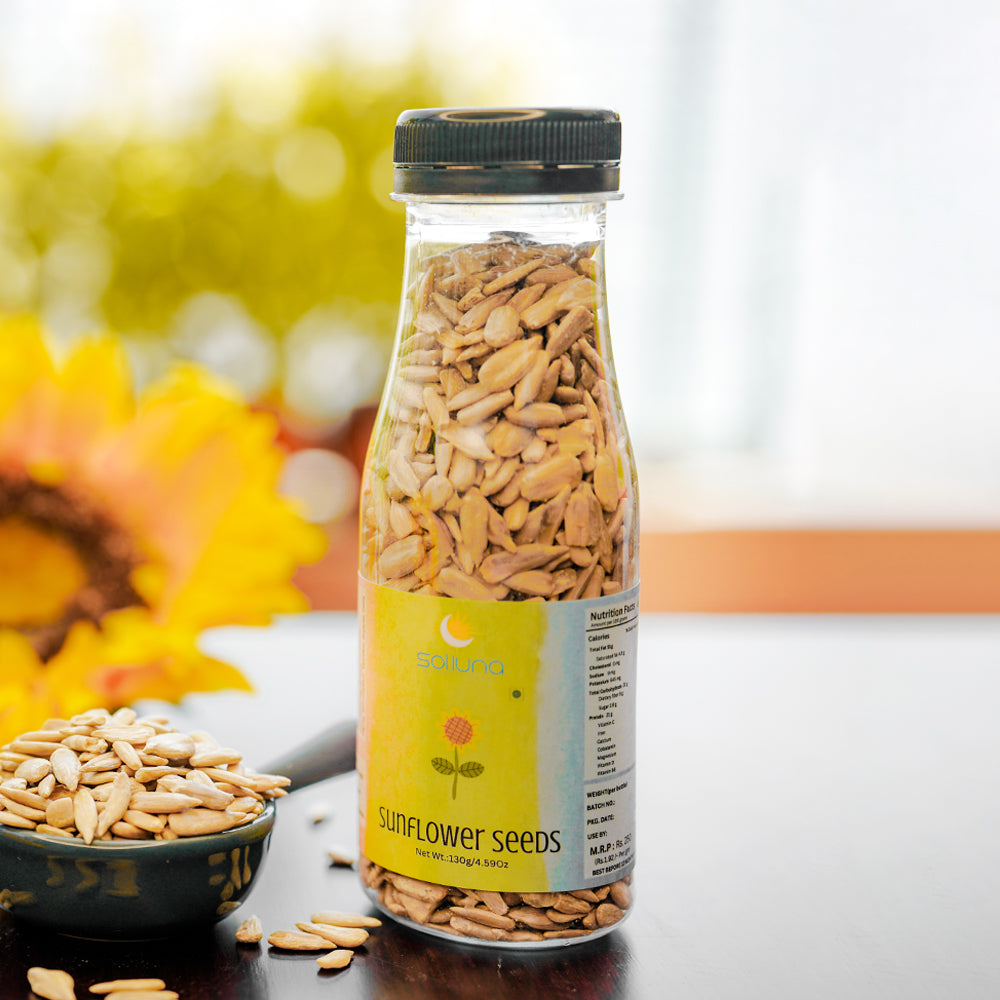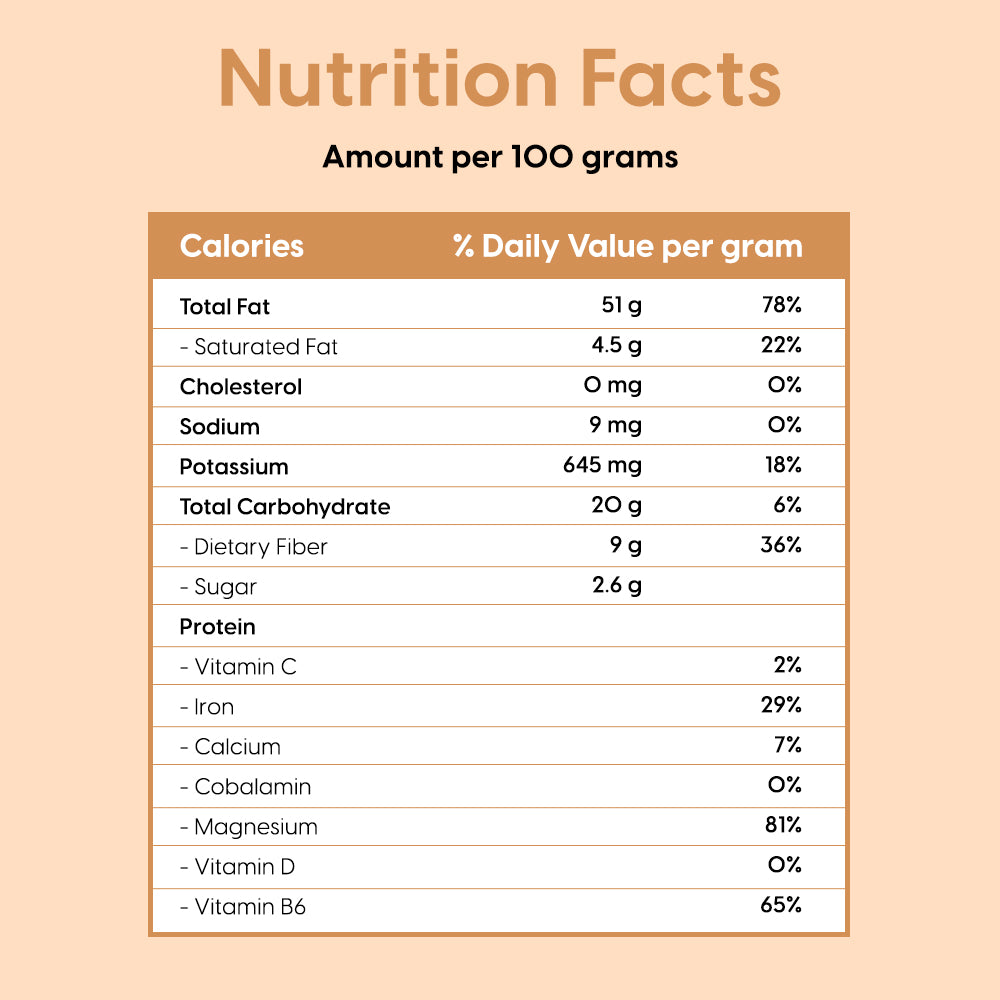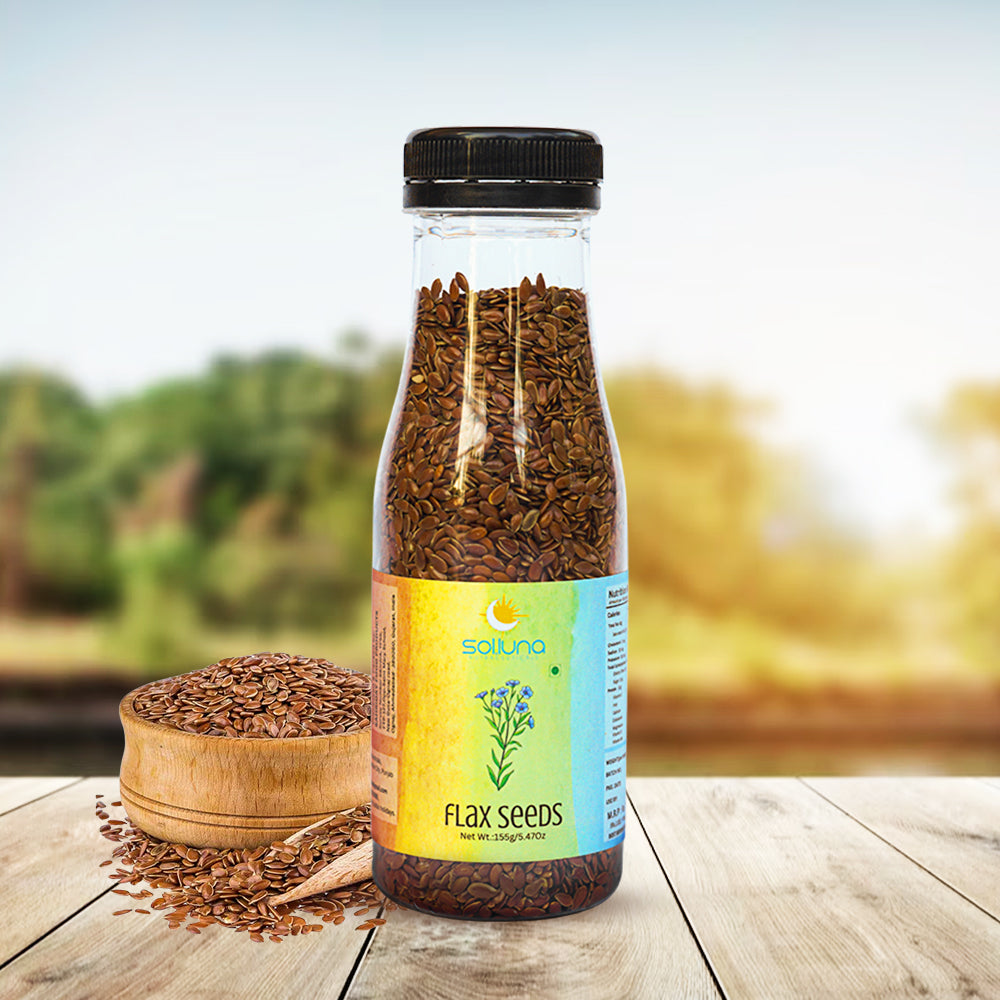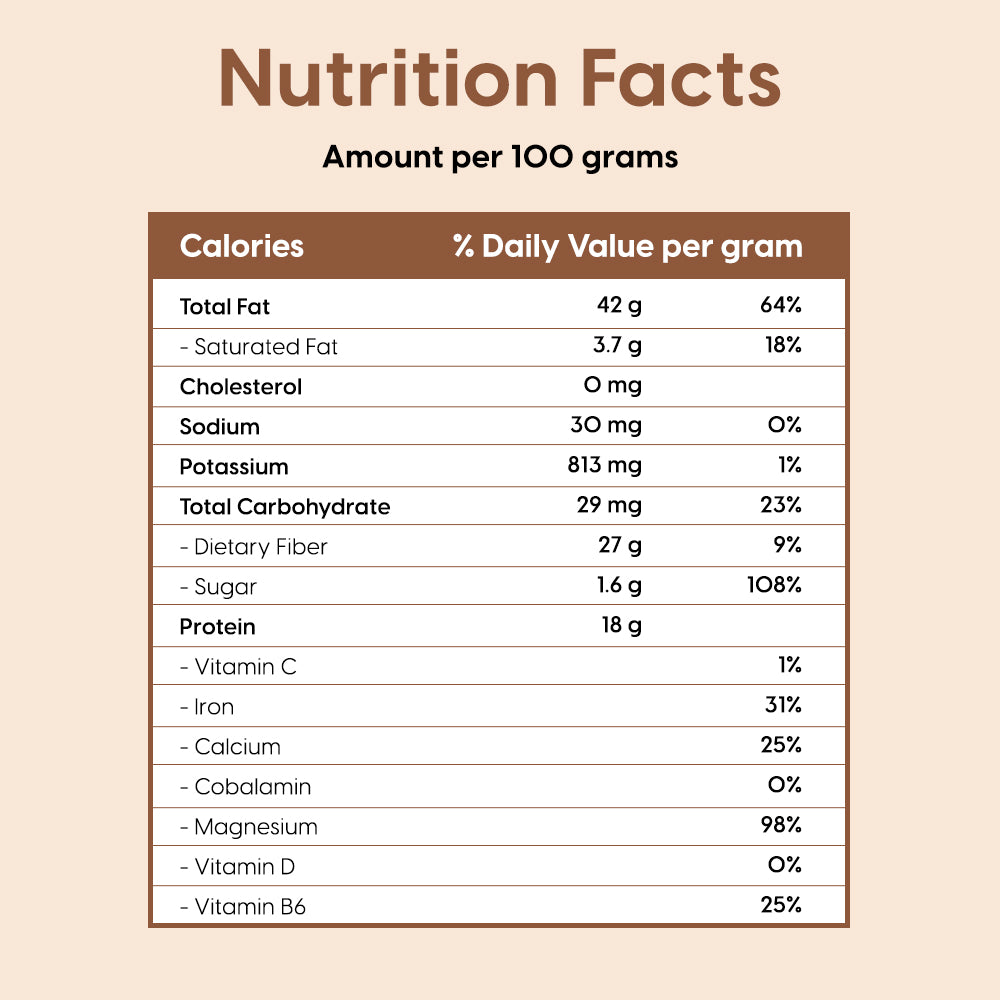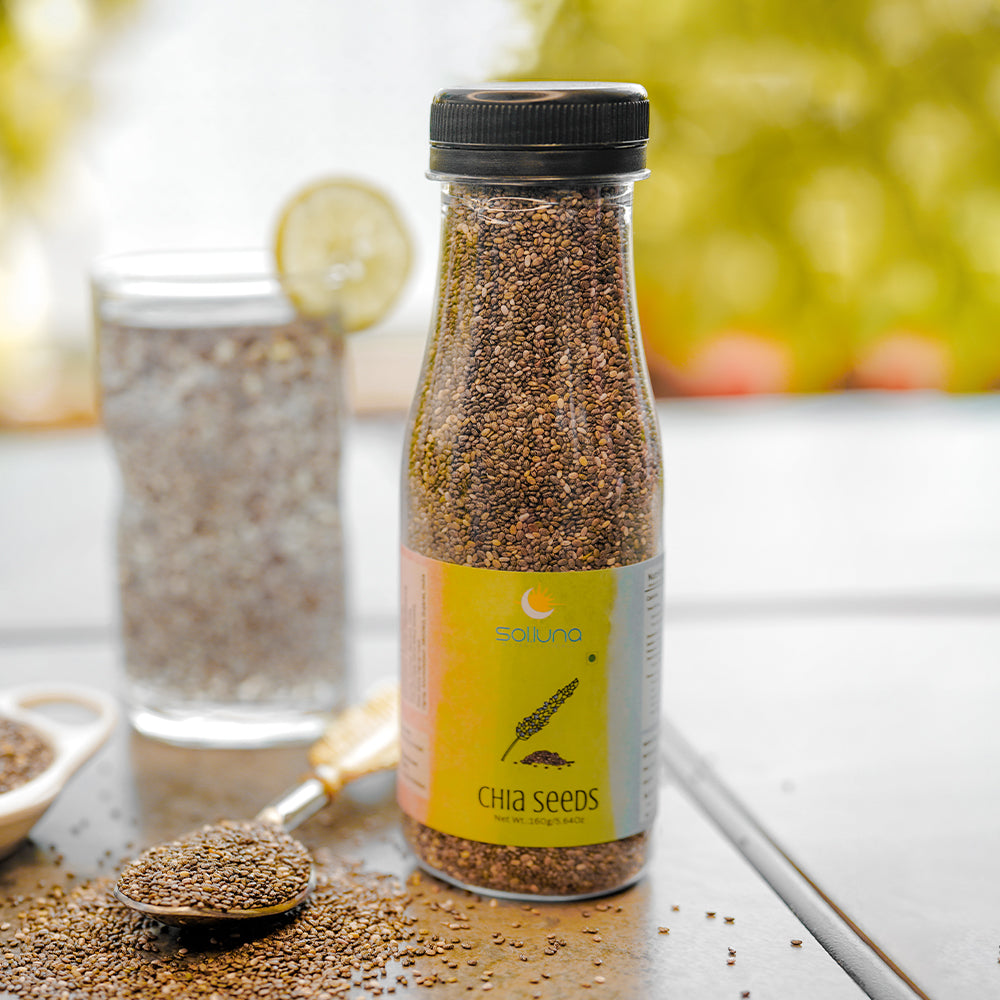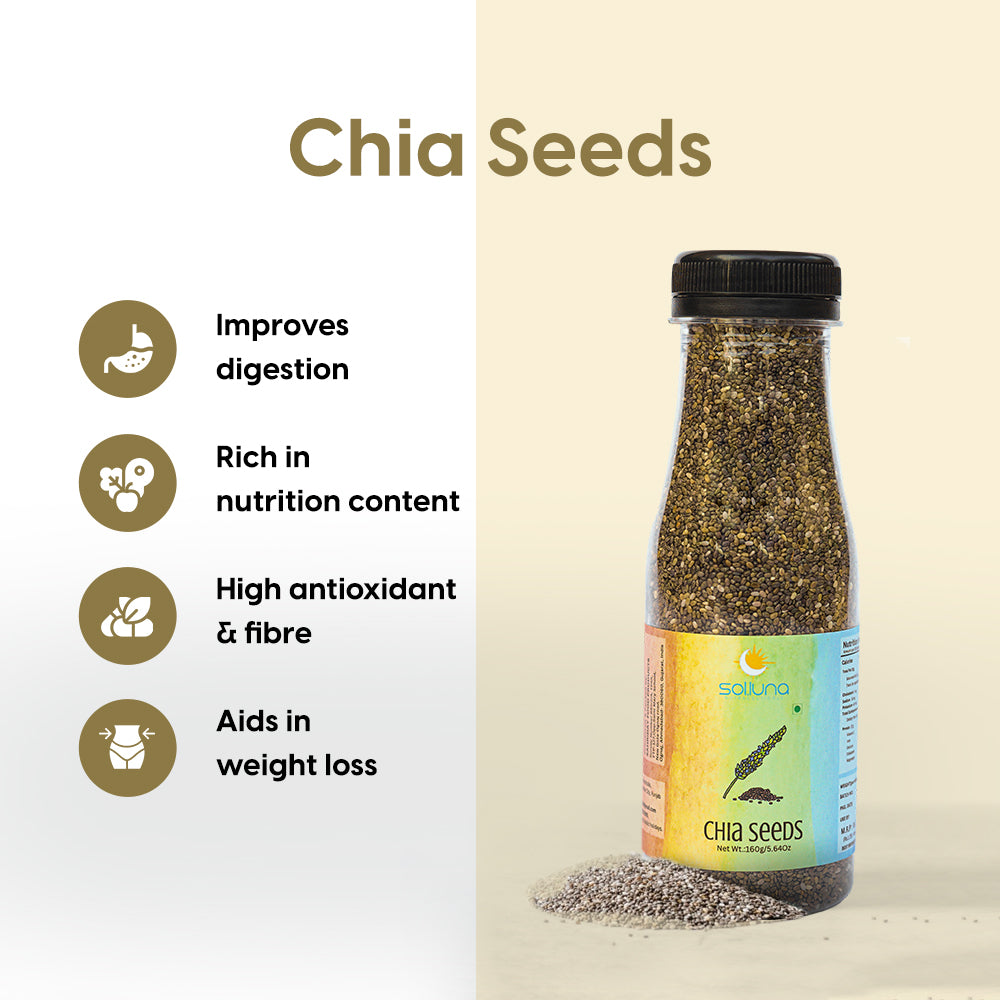#Frequently Asked Questions
1. How can pumpkin seeds contribute to improving sleep quality?
Pumpkin seeds are a good source of tryptophan, an amino acid that helps in the production of serotonin and melatonin, hormones that regulate sleep. Including pumpkin seeds in your diet may contribute to better sleep quality.
2. Do pumpkin seeds have any impact on eyesight?
Yes, pumpkin seeds are rich in antioxidants like beta-carotene, which is converted into vitamin A in the body. Vitamin A is essential for maintaining healthy eyesight, and regular consumption of pumpkin seeds may contribute to eye health.
3. How do pumpkin seeds support a healthy heart and liver?
Pumpkin seeds contain heart-healthy nutrients such as magnesium, potassium, and omega-3 fatty acids. These components may contribute to cardiovascular health, while the antioxidants in pumpkin seeds may also support liver health.
4. Can pumpkin seeds contribute to nurturing healthy skin, hair, and nails?
Yes, pumpkin seeds are a rich source of zinc and vitamin E, which are crucial for maintaining healthy skin, hair, and nails. Including them in your diet can provide the necessary nutrients for promoting overall skin and hair health.
5. How can pumpkin seeds be incorporated into a heart-healthy diet?
Pumpkin seeds can be added to salads, yogurt, or oatmeal, or enjoyed as a snack on their own. Their versatility makes them an easy and delicious addition to a heart-healthy diet.
6. Are pumpkin seeds suitable for individuals with dietary restrictions or preferences?
Yes, pumpkin seeds are often well-tolerated by individuals with various dietary preferences. They are naturally gluten-free, and their nutrient profile makes them a valuable addition to vegetarian and vegan diets, providing essential nutrients in a plant-based form.
